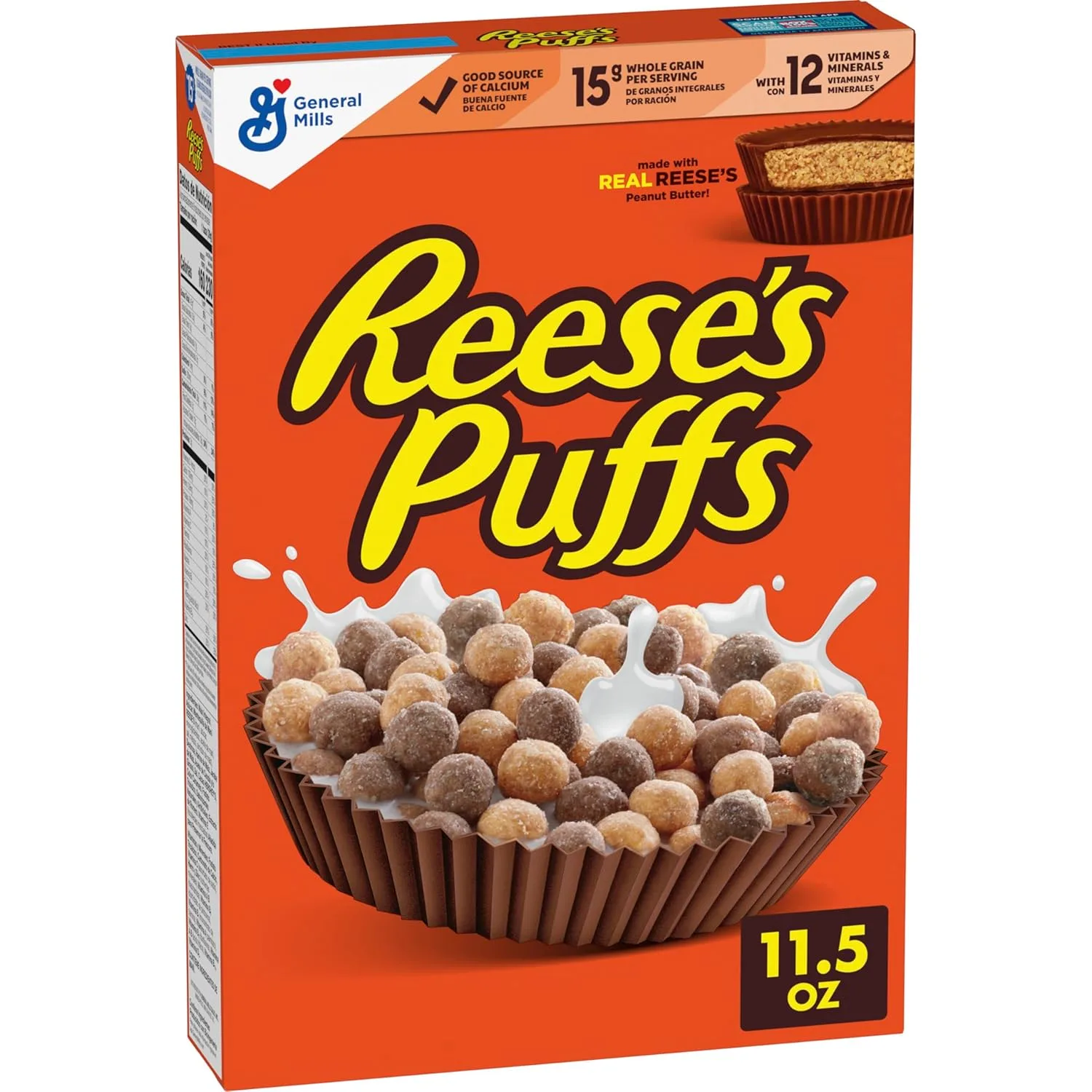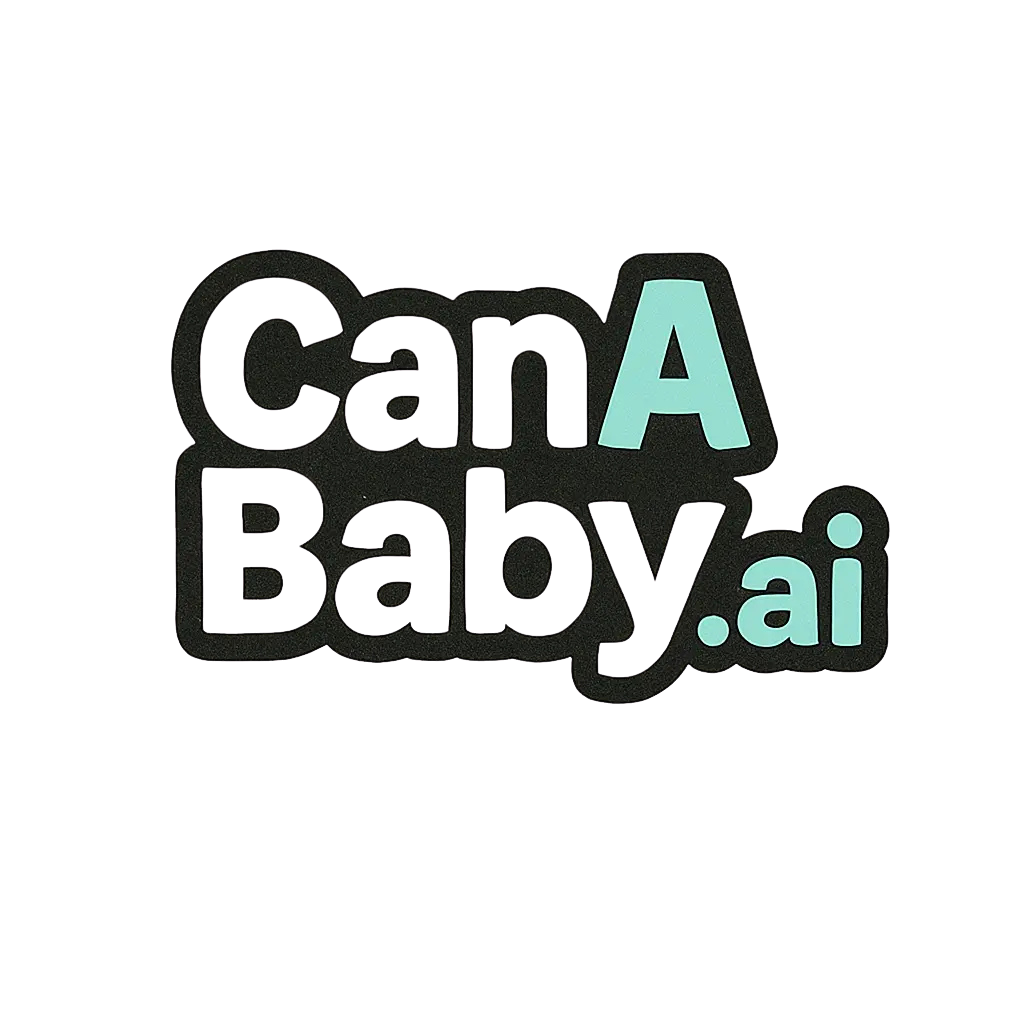Reese's Puffs
sweetened cereal • For 6-12 month old babies • Consumable 🍝
Product Images
Product Photo

Tap to enlarge
Ingredient List

Tap to enlarge
Can older babies eat Reese's Puffs?
Check for Different Age (6 available)
Ingredients Analysis (33 found)
Common Questions About Reese's Puffs
Safe for older babies? Reese's Puffs
Reese's Puffs is not recommended for 6-12 month old babies due to potentially harmful ingredients.
What ingredients should I watch out for?
We analyzed 33 ingredients in Reese's Puffs. 7 concerning, 5 caution. Check the detailed analysis above for specific concerns.
Is this appropriate for older babies to eating sweetened cereal?
The appropriate age depends on the specific ingredients. This analysis is for 6-12 month old babies. Use the age selector above to check other ages.
⚠️ Important Disclaimers
Product Recognition: Product names are identified by AI and may be incorrect. Always verify product identity yourself.
Safety Analysis: Evaluations are for research only - consult pediatricians for medical decisions.
No Guarantees: Results may be incomplete or inaccurate. Do not rely solely on this analysis.
